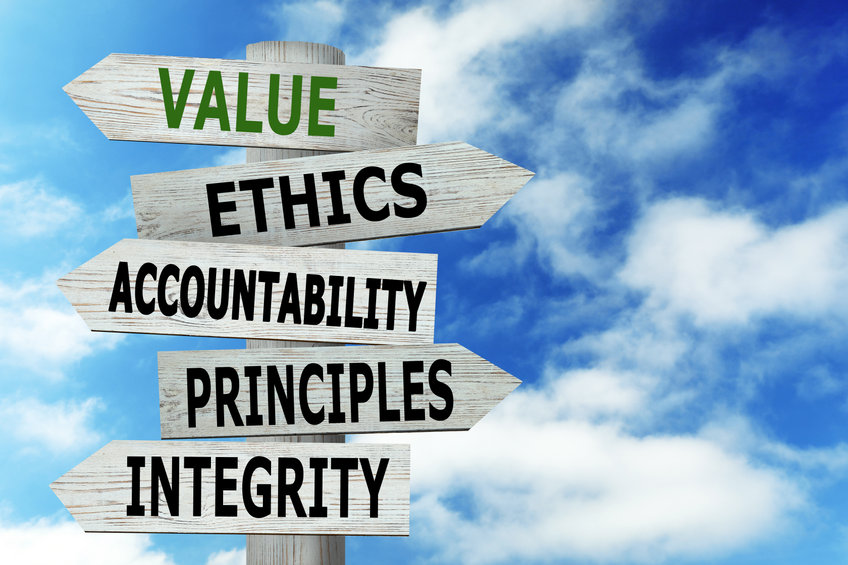Share article
We all understand how important it is to be known as someone of high character. When it comes to your professional (or personal, for that matter) reputation, there may be nothing more important.
To quote General Norman Schwarzkopf, “Leadership is a potent combination of strategy and character. But if you must be without one, be without strategy.”
That’s a powerful statement coming from a general.
You may be saying, "But, he's talking about leadership. That doesn't pertain to me."
Yes, yes, it does, my friend.
Leadership = Influence
If leadership is about any one thing, it is about influence. NOBODY is reading this who doesn't need to influence those around them. You need to influence team members, prospects, clients, etc. Nothing will erode your influence faster than questionable character.
Those you want and need to influence are ALWAYS watching; they're always listening. Does what they see and hear from you reinforce your desired character?
I spend a fair amount of time on LinkedIn participating in and observing industry conversations. I am concerned at how often I see what I’d like to believe are well-intentioned, sincere, and honest advisors saying things that may be calling their character into question.
Transparency
One of the recent bandwagon messages is for advisors to demand transparency. With great passion, they demand transparency of seemingly everyone in the health care and health insurance ecosystem – pharmacy benefit managers, insurance carriers, providers of care, etc.
Don't get me wrong; I am NOT attacking the idea of transparency. I support and encourage transparency as much as anyone.
My point is that if someone is going to climb up on a bully pulpit and make such demands of others, they should have looked in the mirror first. It should be safe to assume that these demanders of transparency are completely transparent about every aspect of every relationship they have with every client.
However, I know that their clients often aren't even aware of how much they are paying them.
BUCAH bashing
I see others attacking insurance carriers, the BUCAHs (Blue Cross, United Healthcare, Cigna, Aetna, Humana), as being unethical, or even criminal. I'm not here to get into that debate. And, if anyone is participating in questionable or illegal behavior, or even if they stay in the murky waters just this side of such actions, they need to be held accountable and challenged to do better.
My point here isn't about the BUCAHs themselves. It seems that if an advisor is going to attack an entire category of the industry, it would be safe to assume they don't do business with said category – that they only write self-funded business. However, I have seen firsthand that some of these BUCAH Bashers may only have one or two self-funded clients on the books. The rest remain with the very carriers they attack.
Commission, bonuses, incentives – oh my
Then some espouse the evils of carrier commission and bonuses. And, I’m sure some advisors allow such compensation to cloud their judgment. However, I also think such an advisor will always be of questionable judgment, regardless of their form of payment.
But, again, my point here is that you would think those speaking out against commissions and bonuses are only working on fees. However, I know that many still receive a significant percentage of their revenue from commissions and bonuses – whether it’s from medical, dental, or ancillary carriers.
Protect your perceived character
Repeating myself, my message here isn't about any of the messages themselves. If they are 100% true for you, then tell the hell out of them.
But, if they aren’t, I challenge you to stop and think about the damage sharing such messages may be doing to your perceived character.
If they are gross exaggerations, even if to make a valid point, and don't reflect the reality of your story, you are eroding the trust and confidence of those around you who know your reality. This includes your team members as well as clients who are examples of your hypocrisy.
Character is what makes trust possible. Trust is what makes leadership and influence possible.
Content provided by Q4intelligence and partners
Photo by belchonock.
